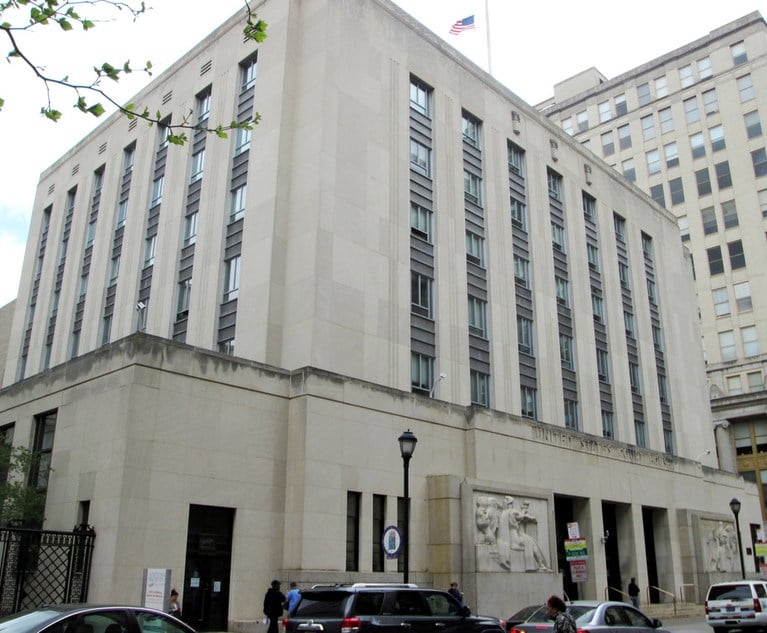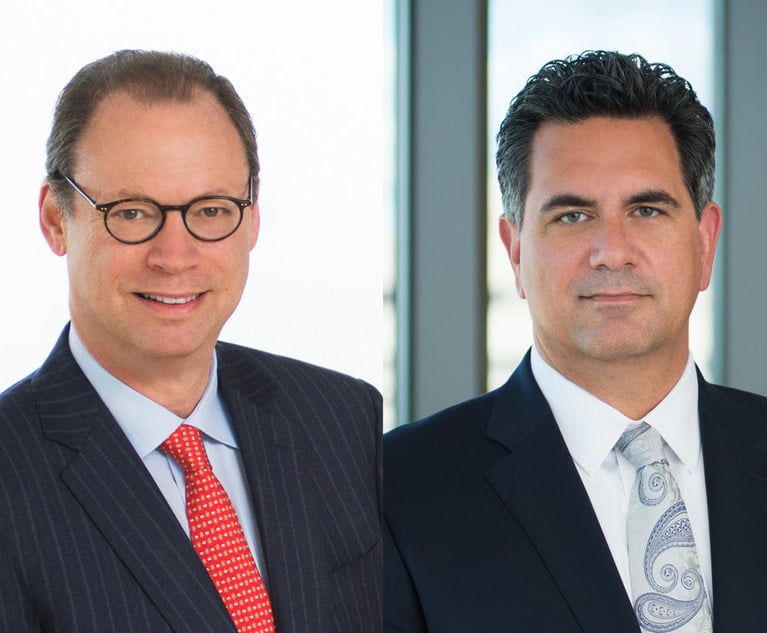The Office of U.S. Trustee, a division within the Department of Justice, is known among practitioners as the “watchdog” of the bankruptcy process. To fund the U.S. Trustee, Chapter 11 debtors must pay quarterly fees, with the amount due calculated based upon the debtor’s disbursements during the preceding quarter. Following a recent substantial increase to the U.S. Trustee fee schedule, the U.S. Bankruptcy Court for the Eastern District of Virginia in In re Circuit City Stores, 2019 Bankr. LEXIS 2121 (Bankr. E.D. Va. July 15, 2019), found the amended fee schedule to be unconstitutional because it was being applied nonuniformly to Chapter 11 debtors around the country.
In October 2017, Congress amended the U.S. Trustee quarterly fee schedule, which is codified in Section 1930(a)(6) of Title 28 of the U.S. Code. Prior to the amendment, quarterly fees ranged from $6,500 (if debtor disbursements were $1 million or more, but less than $2 million) to $30,000 (if debtor disbursements were more than $30 million). The amendment, however, provides that for “fiscal years 2018 through 2022, if the balance in the U.S. Trustee System Fund as of Sept. 30 of the most recent full fiscal year is less than $200 million, the quarterly fee payable for a quarter in which disbursements equal or exceed $1 million shall be the lesser of 1% of such disbursements or $250,000.” Because the balance of the fund fell below $200 million, the higher U.S. Trustee fees were assessed beginning Jan. 1, 2018.


 Francis J. Lawall and Marcy J. McLaughlin of Pepper Hamilton. (Photo: Courtesy Photo)
Francis J. Lawall and Marcy J. McLaughlin of Pepper Hamilton. (Photo: Courtesy Photo)




